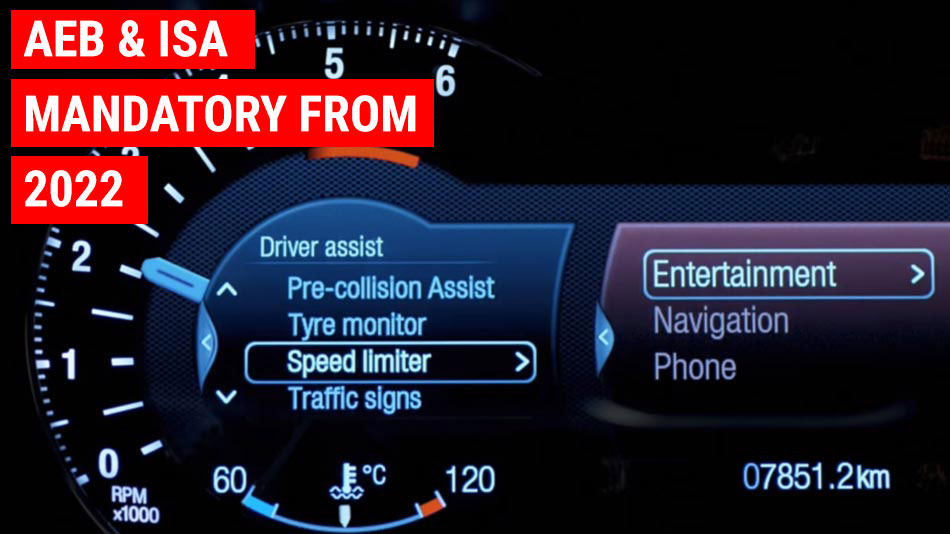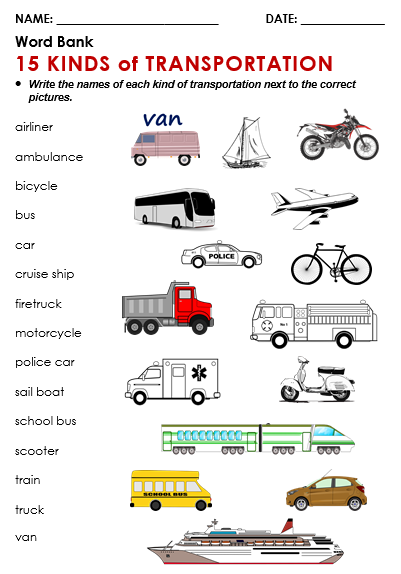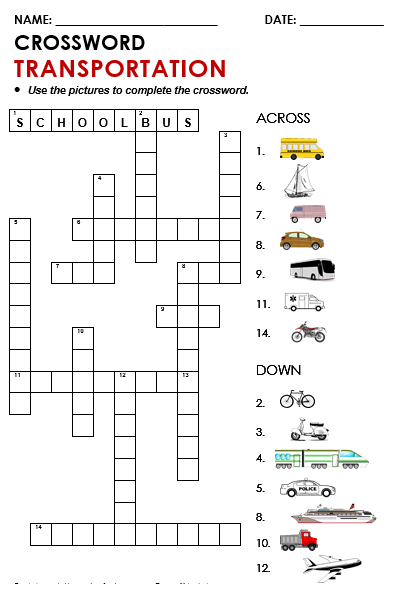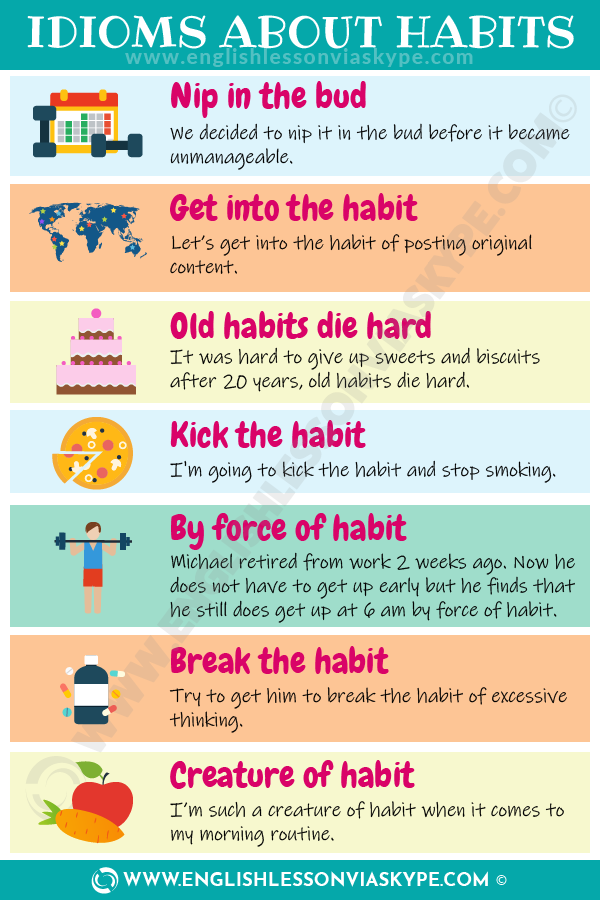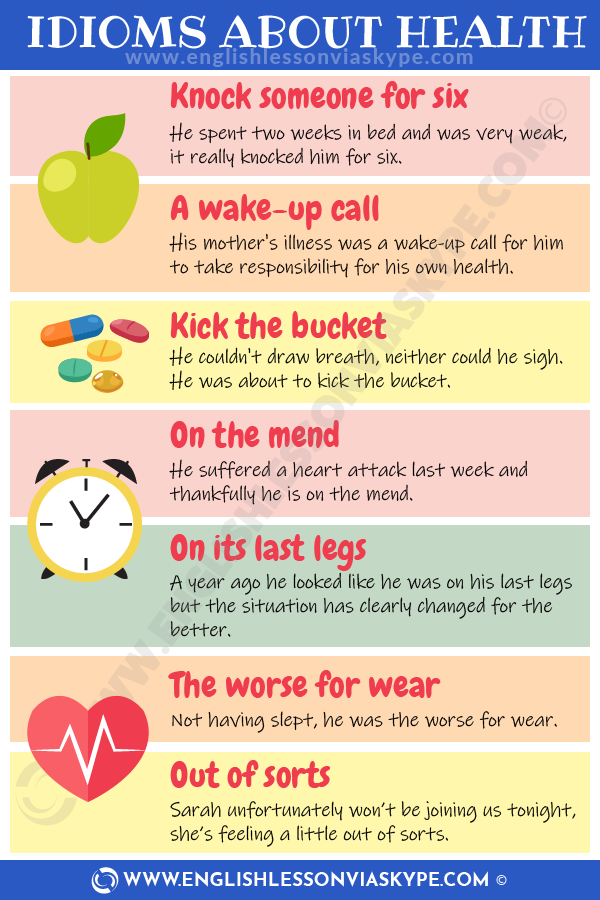Remember to go through all the questions and get a screenshot (pantallazo con CTRL+IMP PANT) at the end with the result. Then, paste the result and the answers in a word document or in your mail to be sent to tour teacher before Fri 27th March. Write your name-group to name your file. Send it to javiermartinez@iescantabria.net
Reading comprehension:
Mary is eleven. She’s got long brown hair and brown eyes. Her ears are
small and her cheeks are chubby.
She gets up at 7 o’clock in the morning, has a shower,
gets dressed and has breakfast. She usually has a toast and coffee. She doesn’t
like cheese. Then the girl goes to school. She travels by bus. She has lunch at
school with her friends. They sometimes have pizza and milkshake. After the
lessons they play in the park and they like flying a kite. Mary goes home at
5pm. She has dinner with her mother and father. Her mother likes cooking! Mary
goes to bed at 10pm.
The girl lives in the city. There is a swimming pool
next to her house but her school is far. There are lots of shops and
supermarkets in her street. There is a café behind her house and Mary goes
there at the weekend with her family.
There is a market in front of her house. There are a
lot of fruit. She likes eating watermelons and mangoes but she doesn’t like
grapes. She likes vegetables.
Now the girl is in her bedroom. It’s big. There are
two windows, there is a wardrobe in the room and there is her desk next to the
window. There is a chair next to her desk. Now her room is a mess! There are
her jeans on the floor and there is one sock on the sofa and one sock on the
lamp. Her mother is angry. She says: You can’t go to the park, please tidy up
your room! Put those jeans in the wardrobe and find the socks!
Mary likes doing athletics and playing table tennis.
Going swimming is fun! But she doesn’t like playing basketball. She is very
short!
In the summer Mary would like to go camping with her
grandfather! She wouldn’t like to help her grandmother in the garden. It’s
boring!
Write
YES or NO:
1. Mary has got short brown hair. _________
2. She has a toast and coffee for breakfast. _________
3. The children don’t have pizza for lunch. ________
4. Her school is next to her house. _________
5. There is a café in front of her house. _________
6. Mary likes mangoes but doesn’t eat watermelons. _________
7. There is a desk behind the wardrobe in her room. _________
8. Her room is a mess. _________
9. There is one sock under the sofa. _________
10. Her mum is scared because there is a mess. _________
11. She doesn’t like playing basketball. _________
12. She would like to go camping with her grandfather. _________
Choose
the right answer:
1.
The girl gets up at
a) eight o’clock
b) seven o’clock c)nine o’clock
2.
She goes to school by:
a) car b)
helicopter c) bus
3.
There is a … next to her house.
a) supermarket b)
café c) swimming pool
4.
Mary doesn’t like eating
a) watermelons b)
potatoes c) grapes
5.
There is a chair
a) next to her desk b)
behind the wardrobe c)
under her desk
6.
The girl’s mother asks the girl
a)
to
find the jeans b)
to
go to the park c)
to
clean the room.



